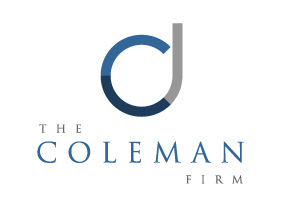When a creditor learns that a debtor has passed away, there are several things that might happen. Some creditors might just forgive what’s owed, but this might not be possible in some cases. Creditors will sometimes opt to pursue a claim against the decedent’s estate. The creditor must comply with the Fair Debt Collection Practices Act’s terms even when the debtor is deceased.
Some creditors might try to collect the money they’re due without going through the person’s estate. There are very specific things to consider if you plan on doing this.
Rules governing third-party contact
You may find it necessary to contact a third party to determine who you should reach out to about the claim against the estate. You may only connect with a third party to find out the contact information for the executor of the estate or the person’s spouse. You can typically only contact the third party once. You can’t provide any information about the debt to the third party.
It’s illegal to try to collect from relatives of the decedent. There are a few exceptions to this. One notable exception is if the person is a co-signer on the account. In some cases, the decedent’s spouse may be responsible for the debt. It’s best to understand exactly who is responsible for the particular account before you try to collect, so you don’t run afoul of the law.
Ultimately, some creditors will have to take action against the decedent’s estate. You’ll want to ensure that you handled everything per the law in the event this happens. Working with an attorney who’s familiar with these cases is often beneficial.
